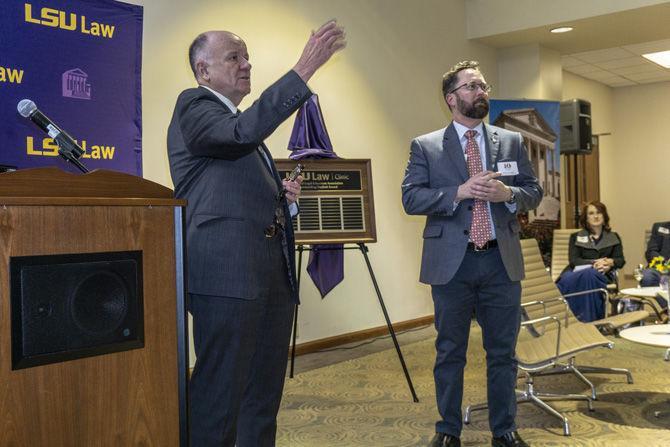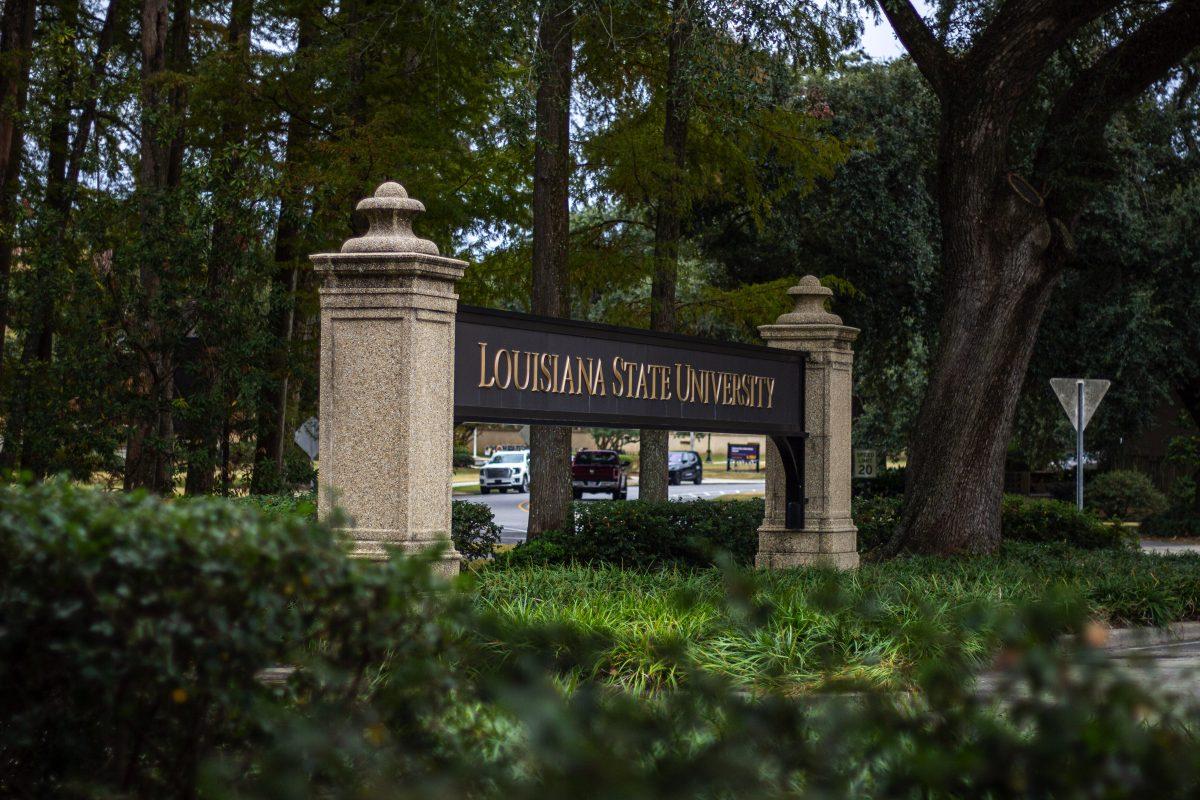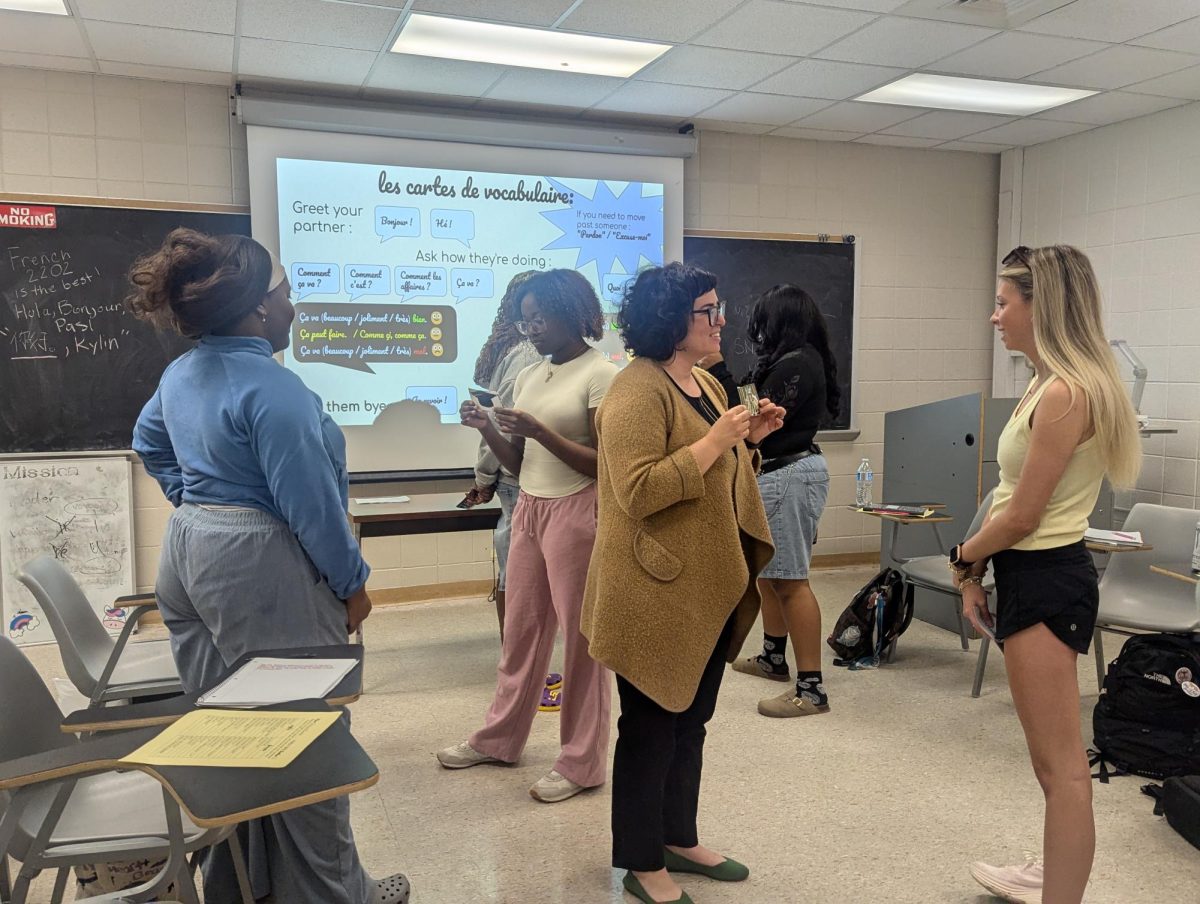LSU Paul M. Hebert Law Center’s Law Clinic is celebrating 10 years of providing law students with real-world experience before they enter the field.
The Clinic was established for faculty and students who expressed interest in participating in a law clinic, especially because many other law schools around the country had clinics. A group of faculty members formed a committee and developed a proposal for a law clinic, which the faculty approved in 2008. Almost 700 law students have participated in the Clinic so far.
Law Center Dean and professor Thomas C. Galligan, Jr. celebrated the creation of the Law Clinic because of the professional opportunities it provides to students.
“It’s a great move forward,” Galligan said. “Nowhere but in a clinic do students represent real people with real problems. Students are actually doing what lawyers do.”
All law students are required to take at least six hours of experiential learning courses during their second and third years of law school in order to graduate. Clinics, as well as field placements and simulation courses, qualify as experiential learning courses because they allow students to engage in legal practice and represent real clients.
Within the Law Clinic, there are several clinical courses, also referred to as clinics, offered each semester that pertain to a specific type of law. The four clinics offered this semester are the Civil Mediation Clinic, Immigration Clinic, Juvenile Defense Clinic and Prosecution Clinic.
In the Civil Mediation Clinic, students act as mediators in civil cases. Students represent non-citizens in the Immigration Clinic. The Juvenile Defense Clinic allows third-year (3L) students to defend youth in juvenile court proceedings and 2L students to assist with representation. The Prosecution Clinic is only open to 3L students, who serve as special assistant district attorneys.
Director of Clinical Legal Education and professor Robert Lancaster said the Clinic is currently planning on creating two new clinics: a Veterans Clinic, where students would represent veterans and their families, and a Transactional Clinic that would focus on community economic development or the representation of small businesses.
Usually, no more than eight students are enrolled in a clinic. Students attend a three-hour class period every week where they learn fundamental concepts about the type of law they’re practicing. Students are under faculty supervision, but are ultimately responsible for their clients’ representation.
The Clinic represents clients who are living in poverty and would not otherwise have access to legal representation. Clients are often identified through partnerships with local court systems and organizations.
LSU Law Center graduate Colin Clark participated in the Juvenile Defense Clinic in fall 2010. He said working with a real client was an invaluable experience for them both.
“As a law student, I got a real client standing in front of me with a felony charge and if I screwed the case up, he could walk out of the door in prison orange,” Clark said. “I was able to help someone who really needed me at the time and I learned as much about myself as I was able to help him.”
Third-year law student Victoria Heyer, who participated in the Immigration Clinic last semester, encouraged all law students to participate in a clinic because of its emphasis on experiential learning.
“In law school, it’s all very abstract and theoretical because they have to give you so much information,” Heyer said. “With the clinics, you really do get that hands-on experience. That’s how you learn and that’s what you’re going to carry forward.”









